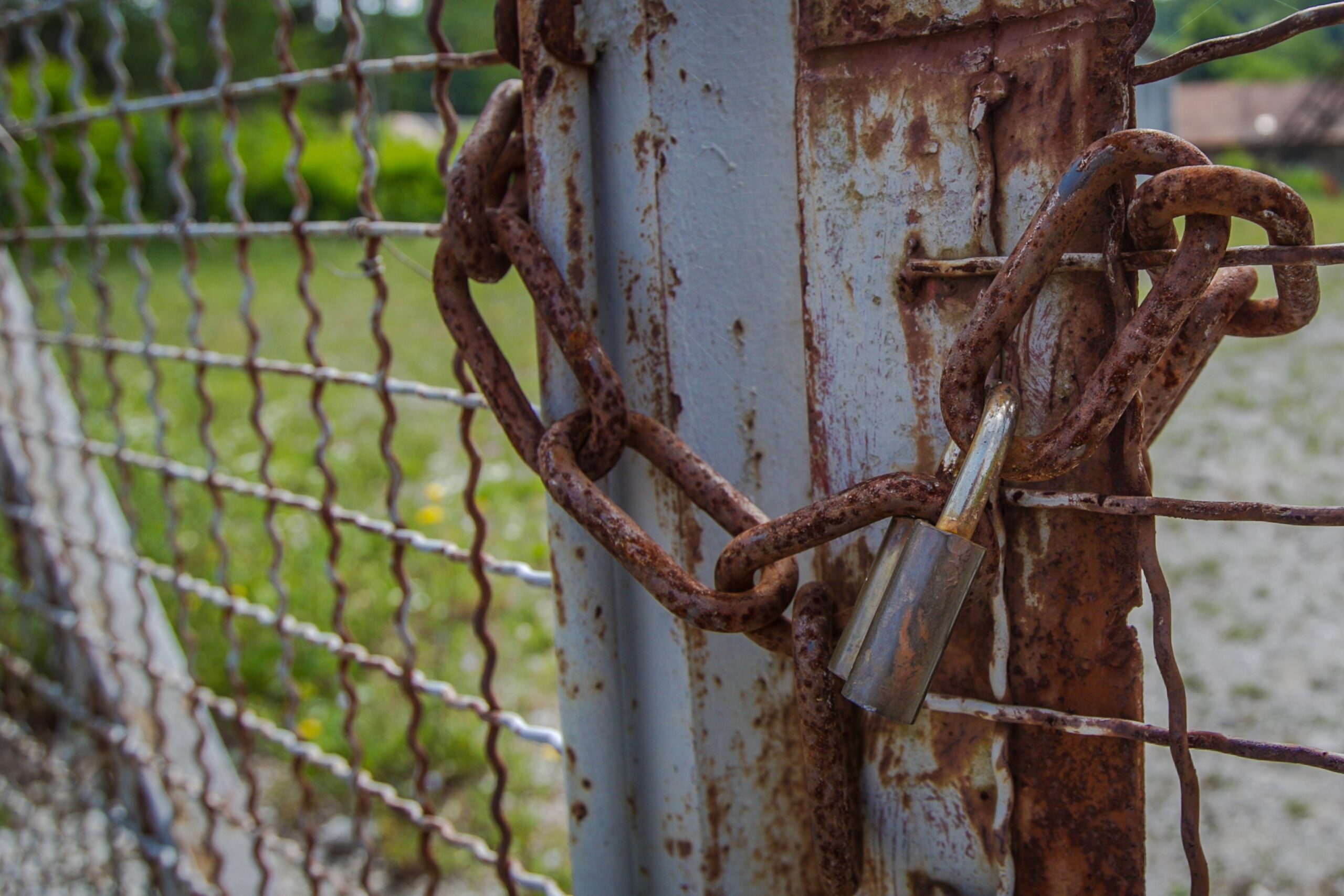
What is underwriting in insurance? Underwriting in insurance is risk evaluation. Insurance underwriters work to determine the risk of potential clients. In the surety bond industry, it is no different.
Surety bond underwriters evaluate the risk of approving clients for surety bonds. When it comes to court bonds, the underwriting principles involve the individual case, the applicant applying for the bond, the risk factors involved, and any collateral and indemnity.
If you need a refresher on what a court bond is, check out our Court Bond Guide.
Underwriting Factors for Court Bonds
Factor #1: The Individual Court Case
While most sureties do not underwrite the actual case, they certainly will read the court documents and filings to fully understand the parties involved and what the case is about. The underwriter will:
- Identify the legal action involved
- Identify the guarantee that the surety is asked to provide
- Categorize the type of risk and its hazards
The underwriter will also investigate if there will be multiple bonds for the same case.
For example, one case might require both an Appeal Bond and an Injunction Bond. The underwriter will want to know these facts before issuing one bond so they are prepared to issue the second bond if needed.
Factor #2: The Applicant
Is the underwriter dealing with an individual or a business? If a business, what type? Sole proprietor, partnership, limited partnership, or corporation? The underwriter will evaluate the applicant by the three C’s of surety: Capacity, Capital, and Character.
- Capacity: Does the applicant have the skill and ability to complete the obligation?
- Capital: How is the financial condition of the applicant? Does it make sense to approve the applicant based on their credit and financial history?
- Character: Why is the applicant involved in the case? For personal judicial relief or otherwise? Is there an attorney involved? Is the attorney of good character?
Factor #3: Risk Factors
Risk factors include:
- Hazardous bond types
- Length of the bond
- Applicant hazards such as bad credit, past bankruptcies, etc
Court bond applicants for more hazardous types of bonds usually face unforeseen claims or losses. If they lose in the case, they face immediate demands to cover the judgement. A surety company will want to make sure that the applicant can cover the demand if necessary because if there is no available funds, a claim against the surety can be made.
The underwriter will also evaluate the length of bond for risk factors. If the underwriter expects the bond to remain in force for an above average period of time and the penalty is large, the applicant’s background and financial strength will be looked into harder.
Court Bonds and Collateral
An underwriter may decide, after weighing all the above factors, that the bond does not measure up to the surety’s guidelines and that it cannot be issued safely without collateral. Financial insufficiency is usually the deciding factor in requiring collateral.
The most acceptable forms of collateral are:
- Cash
- Irrevocable standby letters of credit
- Government bonds
- Bank certificates
If the surety decides collateral is required, the applicant will need to pay the bond premium plus collateral to secure their court bond.
Court Bonds and Indemnity
Third party indemnity is sometimes used for a marginal court bond risk if the applicant’s financial strength is insufficient to make the risk feasible. There are times when the indemnity of a parent corporation is required before a bond can be issued. The same rules and guidelines for indemnity in other surety bonds is used when evaluating for court bonds.
As with issuing all surety bonds, the underwriter will presume that issuing a court bond will not result in losses. An underwriter will usually not approve a bond for issue should there be a real possibility or loss or prolonged expense involved. Though there is no formula for underwriting court bonds, there are guidelines to follow, such as those listed above.
Getting a Court Bond
If you need a court bond, it is important to understand what will be evaluated when you apply for one. Not all surety companies are created equal. Some surety companies have stricter underwriting than others, and some might charge a fee. Surety Solutions has in-house underwriters for court bonds. Need a court bond? Give Surety Solutions a try.
Related Links:








